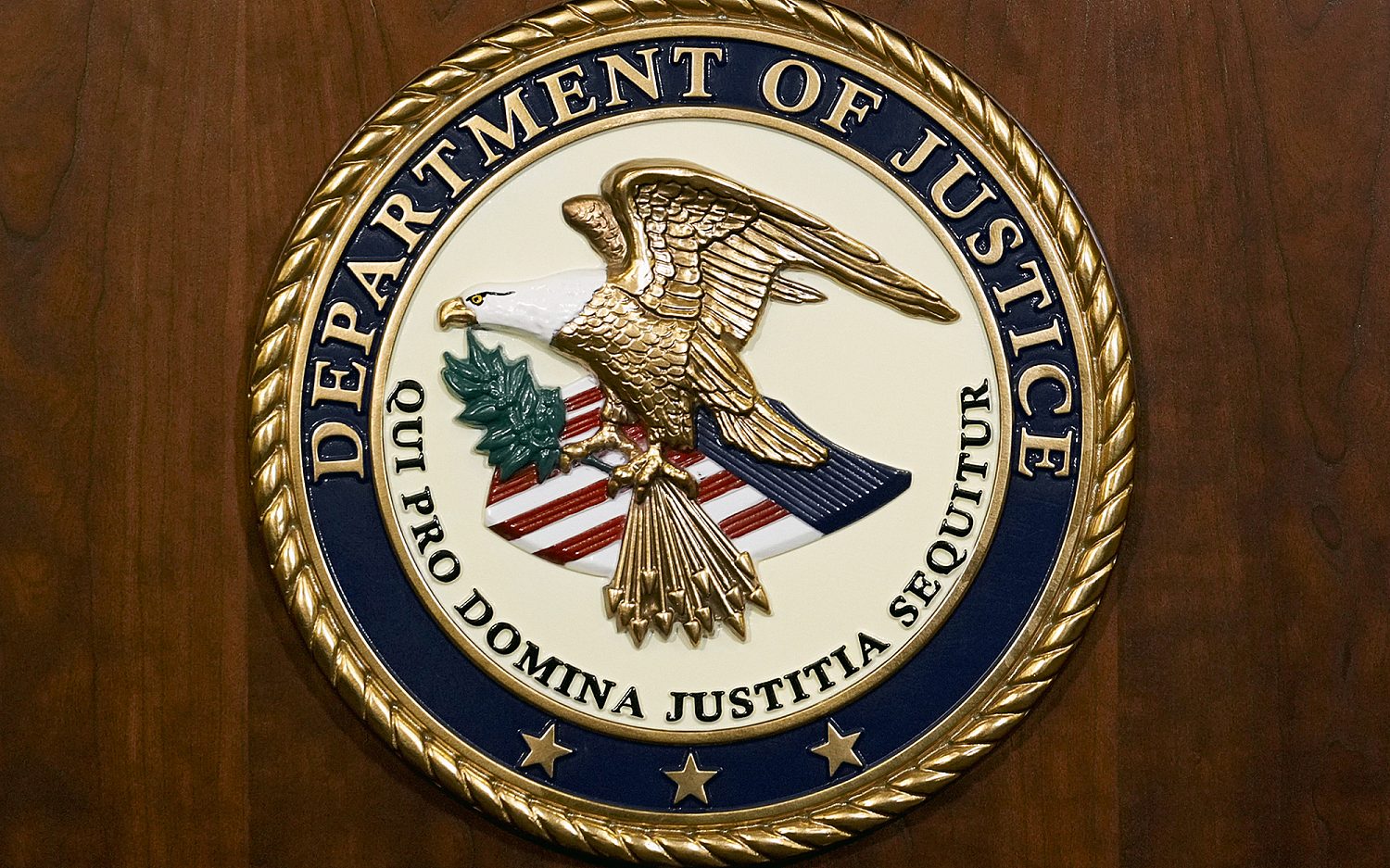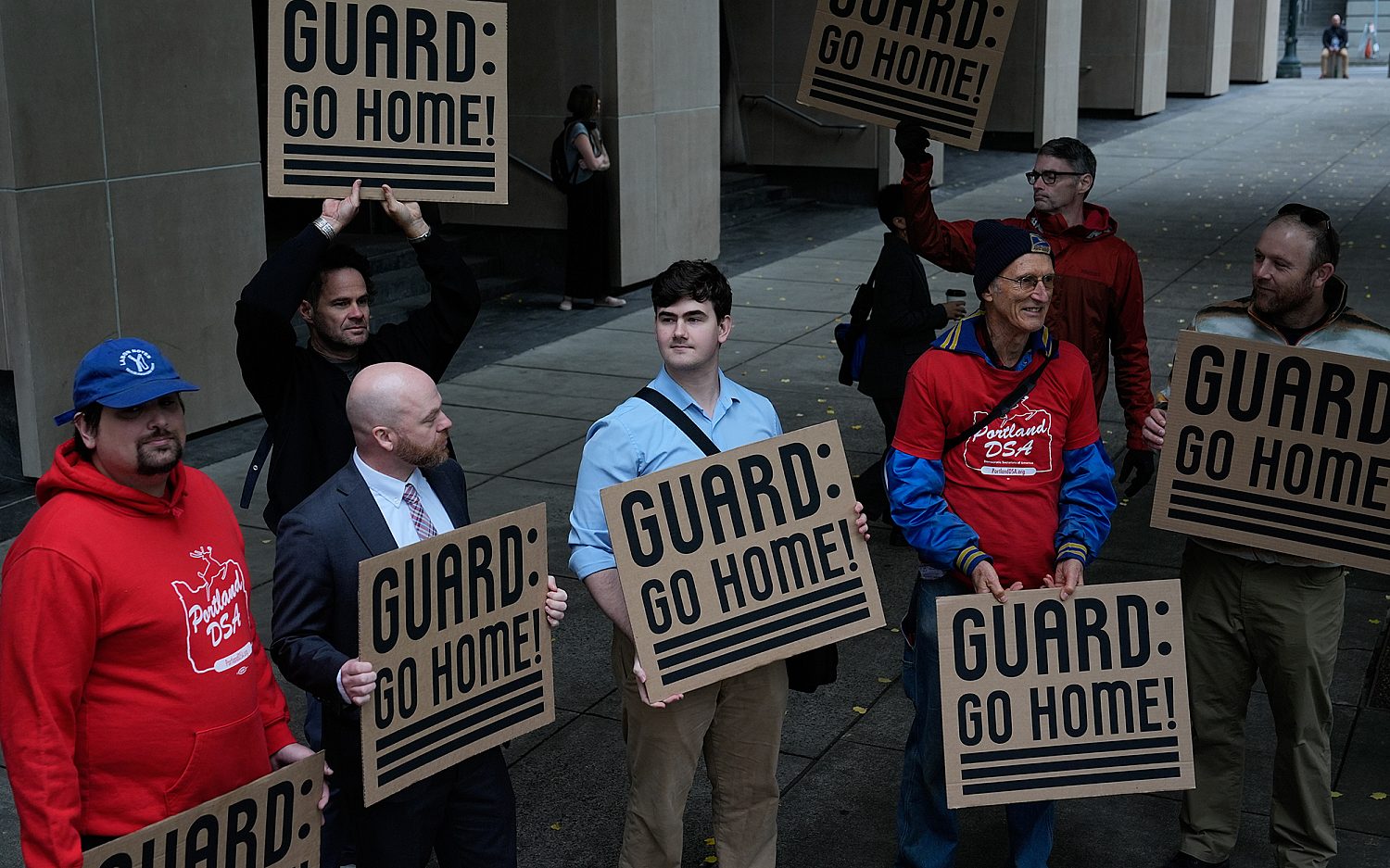Surveillance rules more like surveillance suggestions
It’s the latest bombshell from the Edward Snowden files: A classified internal audit shows the National Security Agency (NSA) broke government rules thousands of times as it conducted surveillance of Americans and foreigners. The disclosure adds pressure on the Obama administration to explain the utility of NSA programs and ensure enough safeguards are in place to prevent their abuse.
The May 2012 audit, published online by the The Washington Post Thursday evening, indicates NSA officials in the Washington, D.C., area improperly collected, stored, or distributed surveillance records 2,776 times during a 12-month period between 2011 and 2012. The number of legal violations would likely be much higher if the audit included all NSA facilities outside the district’s vicinity.
The type and severity of the breaches vary widely: Most are due to computer glitches, such as when surveillance technology failed, in 1,904 cases, to recognize “roamers” who traveled to the United States with a wiretapped cellphone. Under the security agency’s definition, a foreigner with a cellphone legally tapped without a warrant becomes a roamer when he or she enters the United States, where warrant rules apply. “Roamer incidents are largely unpreventable,” the report states.
Other violations involved search terms that were too broad, or agency technicians who were working with inaccurate information. Some seem quite serious, involving record collections deemed unconstitutional and illegal by the body that monitors NSA activities, the Foreign Intelligence Surveillance Court.
In one operation that for several months in 2011 siphoned “multiple communications transactions” from international fiber-optic cables, the NSA stored large numbers of emails without filtering out those belonging to U.S. citizens. When the Foreign Intelligence Surveillance Court heard about the program, it ruled the collections were “deficient on statutory and constitutional grounds,” and ordered the NSA to modify or halt the program.
In another case from February 2012, the NSA illegally retained 3,032 telephone record files the surveillance court had ordered destroyed.
“We want people to report if they have made a mistake or even if they believe that an NSA activity is not consistent with the rules,” the agency told The Post in a statement. “NSA, like other regulated organizations, also has a ‘hotline’ for people to report—and no adverse action or reprisal can be taken for the simple act of reporting. … Our internal privacy compliance program has more than 300 personnel assigned to it: a fourfold increase since 2009.”
The surveillance court was established to provide oversight to the government’s foreign surveillance activities, including those that sweep up emails and phone records of Americans communicating with foreign surveillance targets. But the court’s chief told The Post he doesn’t have any way of verifying whether the NSA’s self-auditing is accurate or comprehensive.
“The [Foreign Intelligence Surveillance Court] is forced to rely upon the accuracy of the information that is provided to the Court,” said U.S. District Judge Reggie Walton in a statement. “The FISC does not have the capacity to investigate issues of noncompliance, and in that respect the FISC is in the same position as any other court when it comes to enforcing [government] compliance with its orders.”
Unlike most other courts, the surveillance court’s deliberations and decisions are kept secret, due to the nature of the programs it monitors. The audits are classified, too: Members of Congress are allowed to read them only inside a secure room.
The disclosure of the audit is embarrassing for intelligence officials and President Barack Obama, who assured members of Congress and Americans that surveillance efforts are governed by strict rules and oversight. Last week, the president seemed to reverse course, announcing he would launch a review of surveillance policies, and proposing to establish a privacy advocate to work alongside the surveillance court.
This summer’s series of leaks revealing various U.S. surveillance programs have produced divided opinions within both Democrat and Republican parties. Members of Congress have grilled intelligence officials for further information about the programs, and sometimes received evasive replies.
“I remain concerned that we are still not getting straightforward answers from the NSA,” said Sen. Patrick Leahy, D-Vt., the chairman of the Senate Judiciary Committee, in a statement this morning. He said he planned to demand “honest and forthright answers” from intelligence officials during a future hearing on surveillance policy.
An actual newsletter worth subscribing to instead of just a collection of links. —Adam
Sign up to receive The Sift email newsletter each weekday morning for the latest headlines from WORLD’s breaking news team.





Please wait while we load the latest comments...
Comments
Please register, subscribe, or log in to comment on this article.